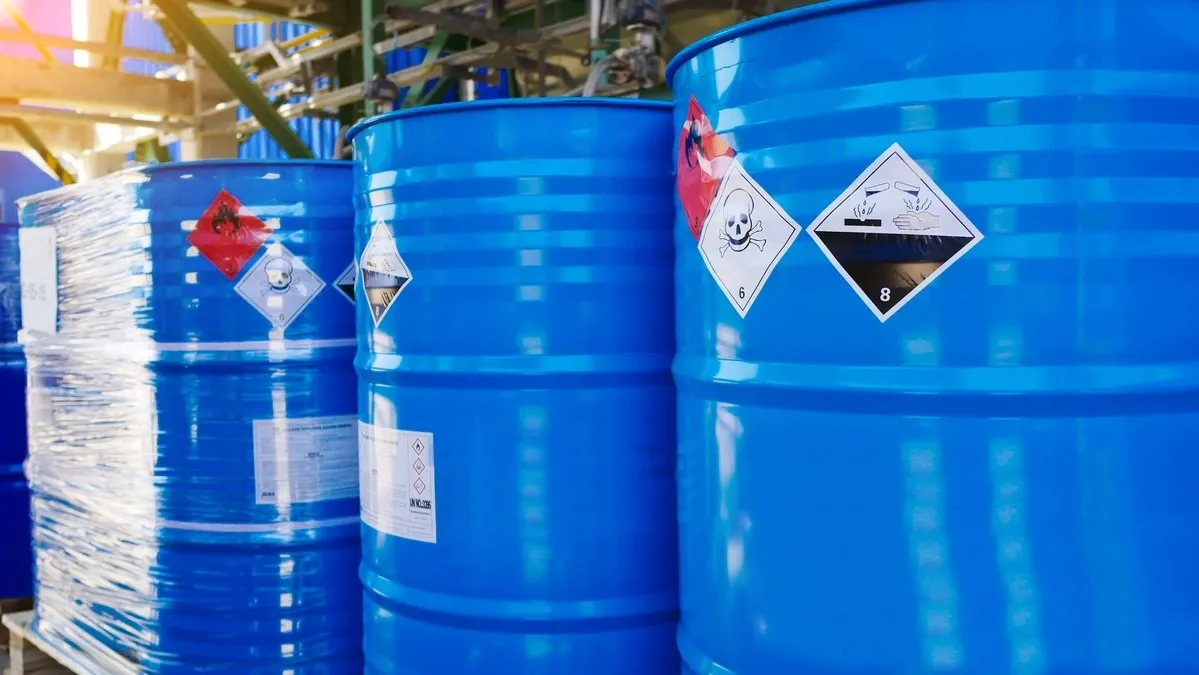The International Marine Contractors Association (IMCA) has published new guidance to support the increase in diving work related to offshore renewable energy projects and subsea power cables.
While subsea power cables have been in use for many decades to provide electrical power to islands, offshore installations, and subsea plants and equipment, the demand for subsea power cables has significantly increased in recent years owing to a massive growth in offshore wind farm construction projects.
IMCA D 079 Subsea Power Cables is intended to assist IMCA Members in the identification and mitigation of potential risks when planning their diving projects on, or in connection with, subsea power cables.
Typical subsea work undertaken by divers on or in close proximity to subsea power cables may include installation activities, inspection, or remedial works.
D 079 provides useful background information on subsea power cables, identifies the main components of different types of cables, and describes the factors which should be considered when planning, managing, and conducting diving operations on, or close to, high-voltage subsea power cables.
In addition, IMCA D 045 Code of Practice for The Safe Use of Electricity Under Water has been revised to include a new section entitled, "Diving on High Power Cables".
The new section gives advice on when diving can be permitted in close proximity to live subsea high-power cables.
It also includes guidance on evaluating the condition of subsea power cables greater than 30 years old, as well as advice on what to consider when planning diving on or close to the dynamic sections of subsea power cables.
Bryan McGlinchy, Diving Manager at IMCA said:
Given the recent increase in demand for diving work in connection with offshore wind farms, the release of IMCA’s new guidance on diving operations in the vicinity of subsea power cables couldn’t be more timely. The newly published guidance should help our Members ensure that diving projects involving subsea power cables are always completed safely and efficiently.
Both guidance documents are available to download for anyone working for an IMCA Member company.

Sign up for our newsletter
Your most up-to-date maritime regulations news
It's free. No spam. Cancel anytime.










Related News
New rules issued by the Russian Maritime Register of Shipping
Jul 24, 2024
DNV issues guidelines for heave compensating systems
Jul 02, 2024
Panama issues implementation guidelines for the IP Code
Jun 20, 2024